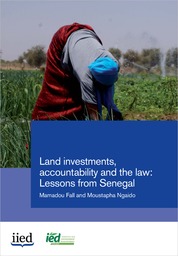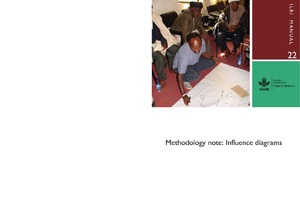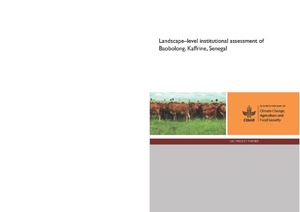Location
Vision, mission and strategy
ILRI's strategy 2013-2022 was approved in December 2012. It emerged from a wide processof consultation and engagement.
ILRI envisions... a world where all people have access to enough food and livelihood options to fulfil their potential.
ILRI’s mission is... to improve food and nutritional security and to reduce poverty in developing countries through research for efficient, safe and sustainable use of livestock—ensuring better lives through livestock.
ILRI’s three strategic objectives are:
- with partners, to develop, test, adapt and promote science-based practices that—being sustainable and scalable—achieve better lives through livestock.
- with partners,to provide compelling scientific evidence in ways that persuade decision-makers—from farms to boardrooms and parliaments—that smarter policies and bigger livestock investments can deliver significant socio-economic, health and environmental dividends to both poor nations and households.
- with partners,to increase capacity among ILRI’s key stakeholders to make better use of livestock science and investments for better lives through livestock.
This is ILRI’s second ten-year strategy. It incorporates a number of changes, many based on learning from the previous strategy (2000–2010, initially produced in 2000 and modified in 2002), an interim strategy (2011–2012) and an assessment of the external and internal environments in which the institute operates.
Members:
Resources
Displaying 181 - 185 of 1152Land investments, accountability and the law: Lessons from Senegal
In Senegal, concern about large-scale land acquisitions has been growing since 2000. Senegalese agriculture has long relied on small-scale family holdings and extensive agriculture. But the current population growth rate, combined with rapid urban development and natural resources degradation, have inevitably changed the game.
Water for Livestock
The first phase of the “Water for Livestock in Isiolo and Garissa Counties, Kenya — Enhancing water resource and rangeland management community capacity through training and strategic water development” has been implemented in in the arid and semi-arid lands of Kenya by IUCN, the Kenya Red Cross Society, and Adeso, with the support from the Swiss Agency for Development and Cooperation. The overall objective of the pilot phase of the project was to improve livelihoods and resilience against drought for targeted communities in North Eastern Kenya.






